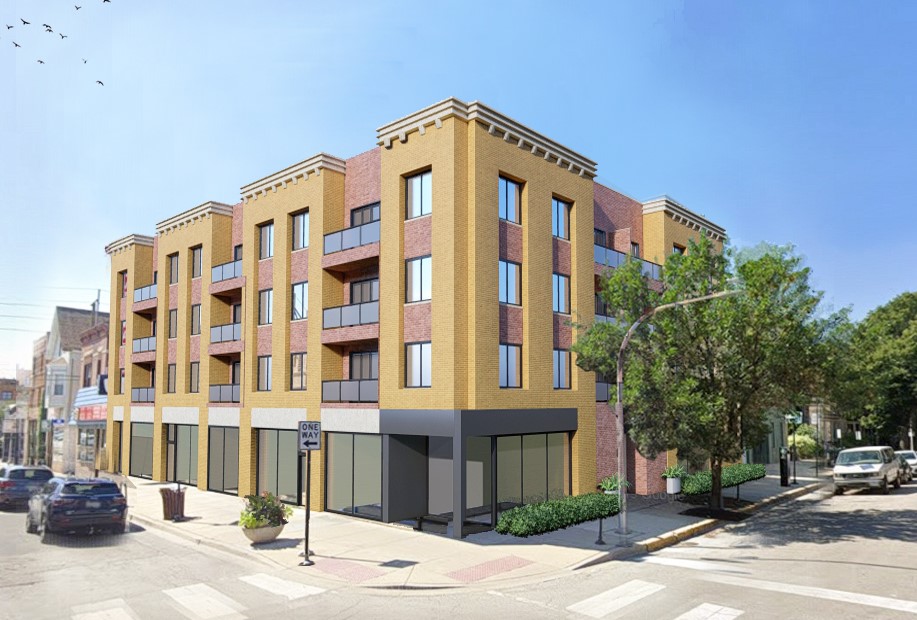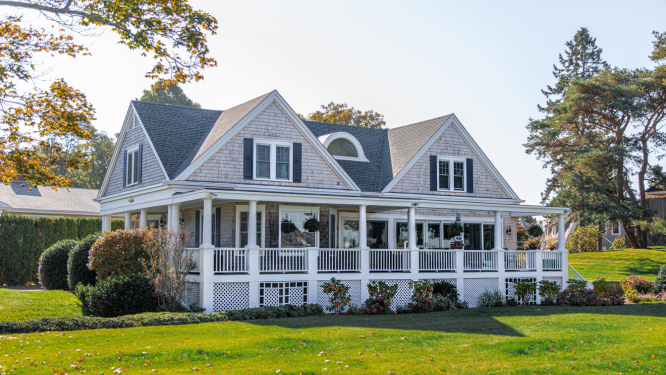How to complete Alderman Variance Form Real Estate in Chicago
The Alderman Variance Form Real Estate in Chicago is for property owners and developers who wish to comply with Zoning rules efficiently. This form permits deviations from Zoning norms, allowing innovative real estate development projects. This form can be especially advantageous if the project requires modifications beyond what’s permitted under existing ordinances, opening up possibilities for expansion that weren’t previously possible. By seeking Alderman’s approval, developers will gain more options available for expansion. Expanding an existing building or altering use can be simpler with this form. As real estate markets shift quickly, this form offers flexibility and greater chances for successful outcomes. So, let’s see what benefits come along with such variances!
Understanding the Chicago Alderman Variance Form
To fully appreciate its advantages, you must first understand what a Chicago Alderman Variance form entails and why it plays such an essential part in real estate investment.
What Is Variance in Real Estate?
A variance request allows one to depart from current zoning regulations. In real estate, it means applying for an exemption to construct or alter existing properties in ways not permitted by local zoning restrictions. This is an important distinction that makes one property stand out over another. This flexibility often defines properties with significant appeal over typical ones.
Role of Aldermen in Zoning and Variances
Alderman is instrumental in deciding the extent to which variances will be granted, acting as the intermediary between developers of property and city officials to balance local interest with development possibilities and improve the chances of a successful application for variances. A supportive city councilor could make the process smoother and increase your chances of approval.
Qualities of Chicago Alderman Variance Form
A variance form goes far beyond simply asking for approval. Instead, it is an entire document detailing why specific properties require special care and consideration.
Why it Is Important for Property Developers: Alderman Variance Form for Real Estate in Chicago
Can benefit greatly from securing an exemption to open up some doors that zoning regulations might otherwise close off, be they home developments or commercial. A variance can bring innovative, profitable strategies.
Legal Considerations in the Application Process of Alderman Variance Form for Real Estate in Chicago
When seeking to modify, legal considerations are involved, including showing evidence of hardship or exceptional circumstances that justify its necessity and providing proper documentation to minimize delays in approval processes.
Applying for a Chicago Alderman Variance Form Filing an Alderman Variance
Application can seem intimidating at first, but with careful preparation, it won’t have to be.
Step-By-Step Guide to Requesting Variance of Alderman Variance Form for Real Estate in Chicago
Begin your application for variance by consulting with an expert in zoning or real estate law. Then, collect all required paperwork, write an in-depth explanation of why it is needed, and mail the completed form to your local Alderman’s Office so it may be reviewed.
Documents Needed for the Application
Site plans, letters of intent, and evidence of difficulty are three essential documents necessary for an application submission. Ensure all paperwork has been filed prior to submitting your application to avoid unnecessary delays in receiving decisions on it.
Common Challenges and How to Overcome Them
One of the main hurdles developers encounter is resistance from residents concerned about potential developments’ effects. Engaging community members early will reduce the impact of any concerns expressed about development projects in an area.
Advantages of Submitting a Variance Form
Once approved, the benefits from filing for and receiving approval of a variance form can be significant and immediate.
Expanding Property Use Variances of Alderman Variance Form for Real Estate in Chicago
Variances provide more versatility in how a property can be utilized. For example, if you wish to convert a residential property to mixed-use status with just some adjustments, which might make this possible?
Flexibility in Design and Construction in Alderman Variance Form for Real Estate in Chicago
When designing or building, it isn’t always necessary to abide by restrictive or obsolete zoning laws, especially since variations offer additional opportunities.
Enhancing Real Estate Investments
Exemptions can add value to real estate investments by expanding flexibility while raising their value significantly.
Unlocking Hidden Potential in Properties in Alderman Variance Form for Real Estate in Chicago
Certain properties contain untapped potential that can only be unlocked through changes or variance. It is like finding an undiscovered treasure trove that transforms an ordinary property into a gold mine.
Financial Benefits of Requesting Variance
Increased Property Value and ROI
When strategically implemented, variances can boost property values by expanding property areas that benefit you or suit desired purposes. This investment strategy increases return on investment (ROI).
Reducing Long-Term Development Costs in Alderman Variance Form for Real Estate in Chicago
Secure a variance to reduce long-term development costs by saving costs associated with any modifications or alterations needed under strict zoning regulations.
Exploring Potential Drawbacks
While its advantages may seem clear-cut, it’s essential to remain aware of any possible downsides or risks associated with applying.
Assessing Denied Applications
Each variance submitted won’t always be accepted—being denied can put your project on hold, forcing changes or alterations altogether.
Mitigating Negative Impacts on Property Plans
Property plans must include an emergency plan. Working with experts specializing in zoning law issues could increase your chance of approval and help ensure smooth operations.
Real-Life Examples of Successful Variance Applications
To understand just how essential exemption is, consider a few success stories involving real applications for variation credits.
Urban Development in Chicago’s South Loop in Alderman Variance Form for Real Estate in Chicago
Thanks to his skill set, an architect in Chicago’s South Loop saw an opportunity for urban renewal by turning an underutilized area into an active mixed-use complex.
How the Variance Form Transformed
This Project The amendment allowed the development of commercial space, which made the development more cost-efficient and suitable to the local community’s needs.
Learnings from High-Profile Commercial Variations
Commercial variations have created opportunities to build creative structures that wouldn’t otherwise have been viable under traditional zoning regulations.
Conclusion in Alderman Variance Form for Real Estate in Chicago
The Alderman Variance Form for Real Estate in Chicago can be an indispensable resource for property owners and developers looking for more flexible Zoning laws. Using this form, real estate developments that otherwise would have been limited can go ahead with innovative design features and greater versatility. The form makes opportunities for increasing property values and profitable development available, even though this process might present legal complications or challenges; yet its rewards tend to outweigh potential risks. Benefits to consider with Chicago Alderman Variance Form Real Estate are financial, creative, and long-term savings advantages that it can bring. As a result, Chicago Alderman Variance Form Real Estate in Chicago turns common homes into assets of increased value creating significant advantages in today’s highly competitive real estate marketplace.




2 comments